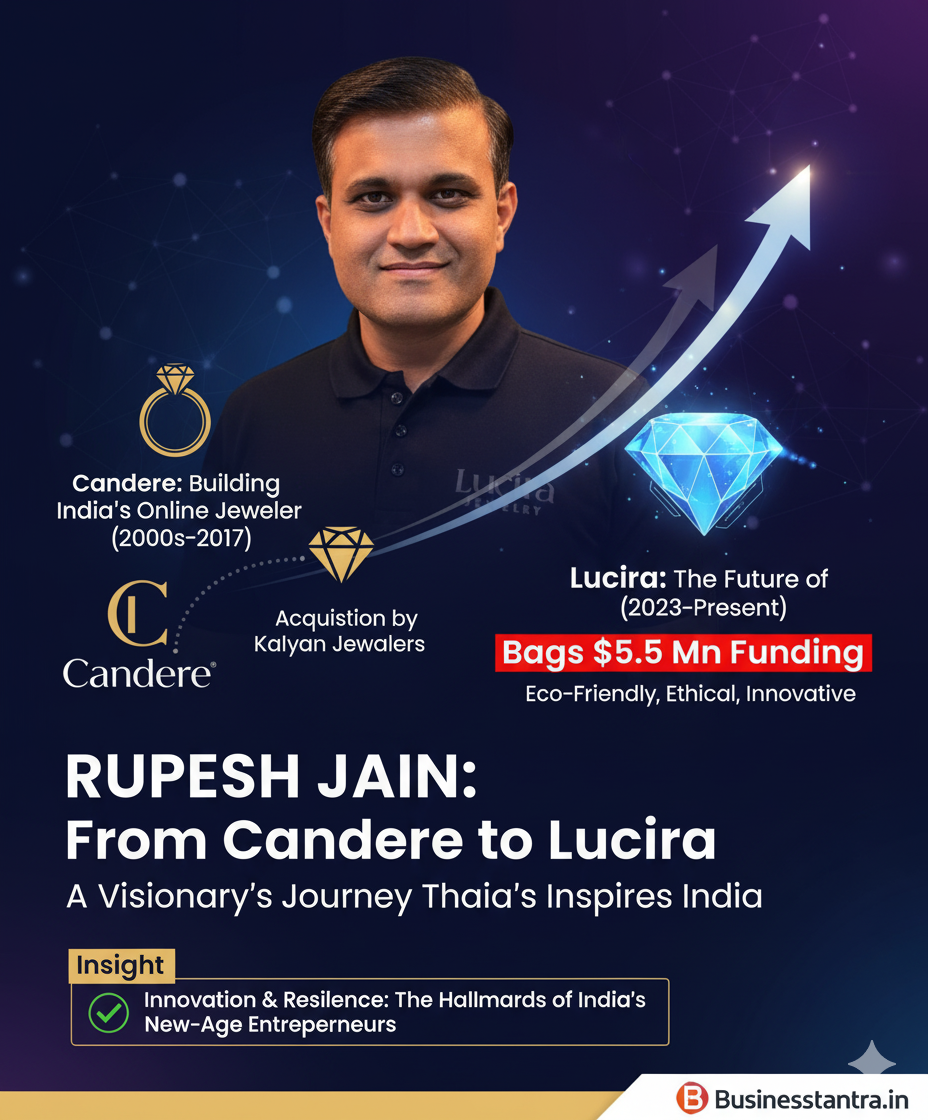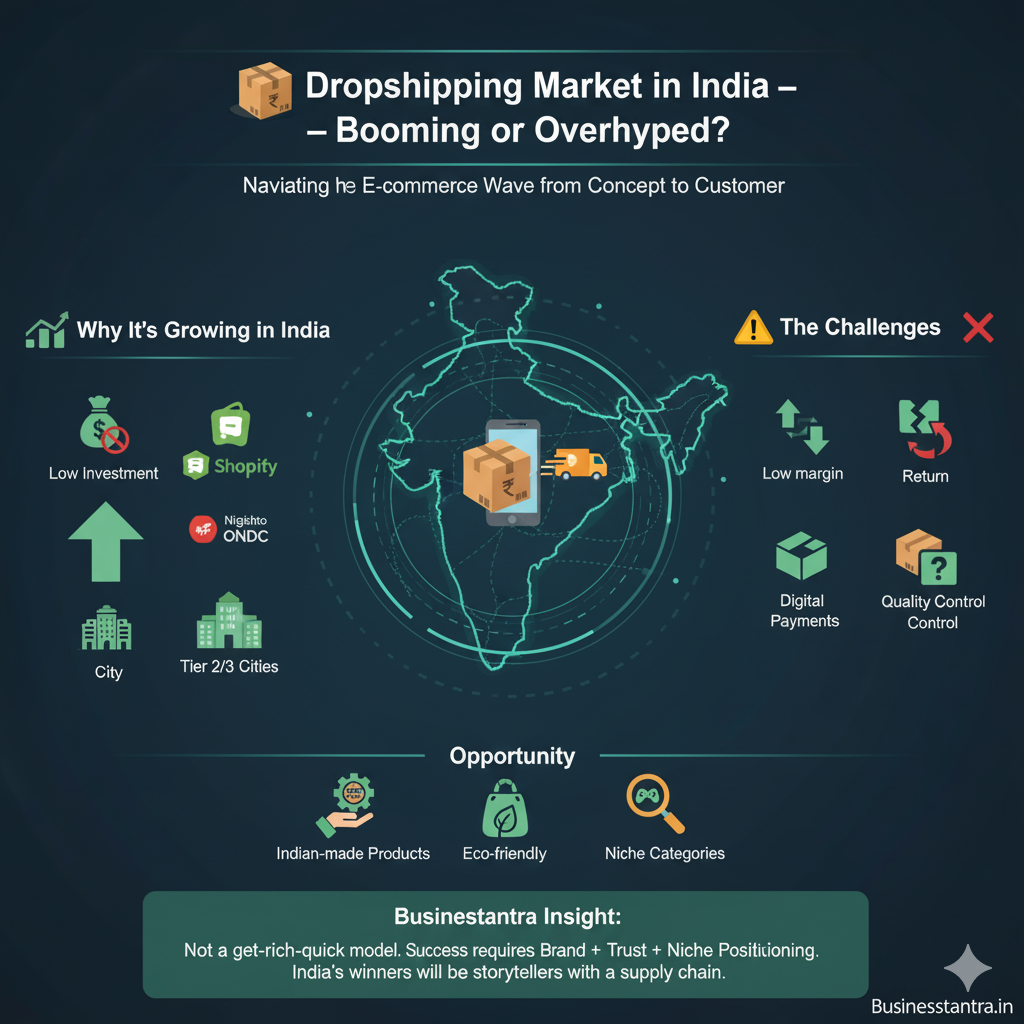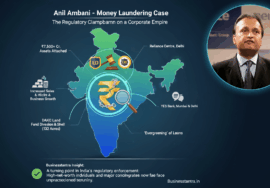How to Get a Job in Venture Capital, According to 2 VC Partners
[ad_1]
- Simon Schmincke is a general partner at Creandum and Mariam Kremer is a partner at GFC.
- Both have experience working in startups, but they said this isn’t necessarily helpful in a VC firm.
- They spoke about how to get into venture capital, the typical career path, and the salary.
This is an edited, translated version of an article that originally appeared on May 3, 2022.
Jobs in venture-capital firms are highly coveted. “For full-time jobs, we usually receive several hundred applications,” said Simon Schmincke, who heads the German office of Swedish VC firm Creandum.
Creandum is one of the top funds in Europe and has invested in companies like Bolt, Klarna, Trade Republic, and Spotify.
Schmincke said he believed that internships are the best way to break into the industry. “Most of our interns get various offers from the VC world after their time with us,” he said.
Some do stay with Creandum, he added, including Iris Hendriks, an associate; Lauri Lehtmaa, an investment manager; and Julian Collin, a former associate that now works as chief of staff at Trade Republic.
Mariam Kremer, a partner in the London office of Global Founders Capital (GFC), agreed about internships. But, she added, “in England, it’s rather unusual; most people move into venture capital from management consulting or banking here.”
Kremer and Schmincke both refer to how, in recent years, a group of VCs called “operators” has emerged. These are former founders who have since moved into venture capital. Some have set up their own funds with the proceeds from their exits. For example, Lieferheld founder Claude Ritter and Delivery Hero founder Markus Fuhrmann went on to create Cavalry Ventures, a VC fund in Berlin.
Schmincke gained years of startup experience as the head of different companies, including being the CEO of HelloFresh in the US, which is backed by German VC Rocket Internet. He said of this route: “In my opinion, it’s not a must to be a good VC.”
He moved into venture capital in 2013, first to Earlybird and then to Creandum.
“But you don’t pick better deals just because you were an entrepreneur before,” Schmincke said. The requirements for founding a company have changed a lot over time and depend on the industry, he added.
“Yes, it might have been so-and-so back in the mid-2000s in the consumer-goods sector in France. But today, here and now, that experience is not as relevant,” he said.
“The ideal is a combination of operational and analytical experience,” Kremer said.
She studied electrical engineering at the Technical University of Munich, then worked as an investment manager at BMW while simultaneously founding an AI startup. After a stint at the firm Lightrock, she moved to GFC at the end of 2021.
Kremer and Schmincke said there’s a standard career path in VC firms: If you join a fund after graduation or after an internship, you usually start as an analyst. You then progress to associate, then investment manager, and then principal, they said, with the top positions in a VC fund being partners.
Since more and more US VC firms are entering the European market, recruiting the best talent is becoming even tougher, they said.
This is because US funds tend to pay much higher salaries than their European counterparts. The average base salary for a VC associate in San Francisco is $96,265, according to the salary-comparison platform Glassdoor. The average pay for the same position in London is £53,070 ($66,300), according to the site.
On top of the base salary, partners also receive carried interest, Kremer and Schmincke said. This is a share of the profits and is generally around 20% of the fund’s returns, according to Investopedia.
For example, according to Glassdoor, a junior partner in a San Francisco VC firm can earn up to $400,595 yearly in additional compensation.
[ad_2]
Source link










